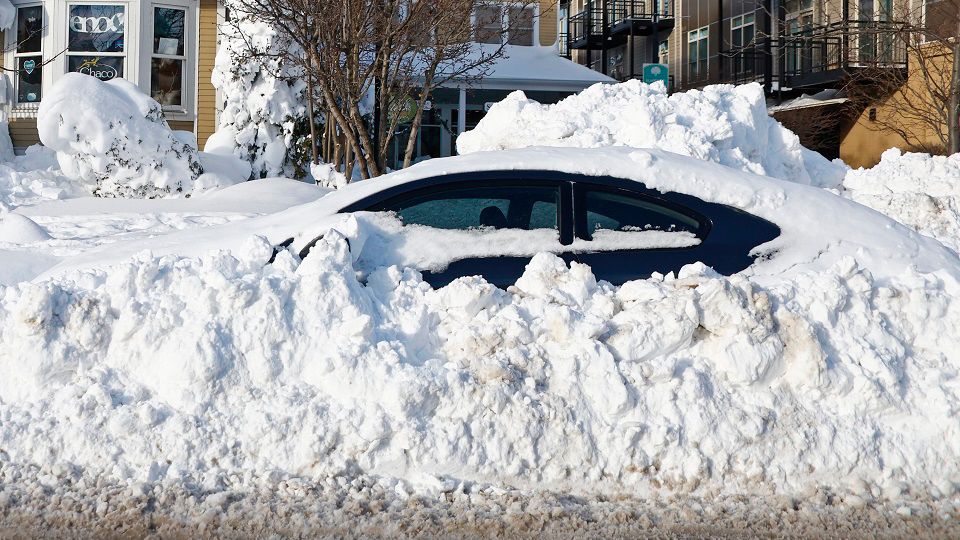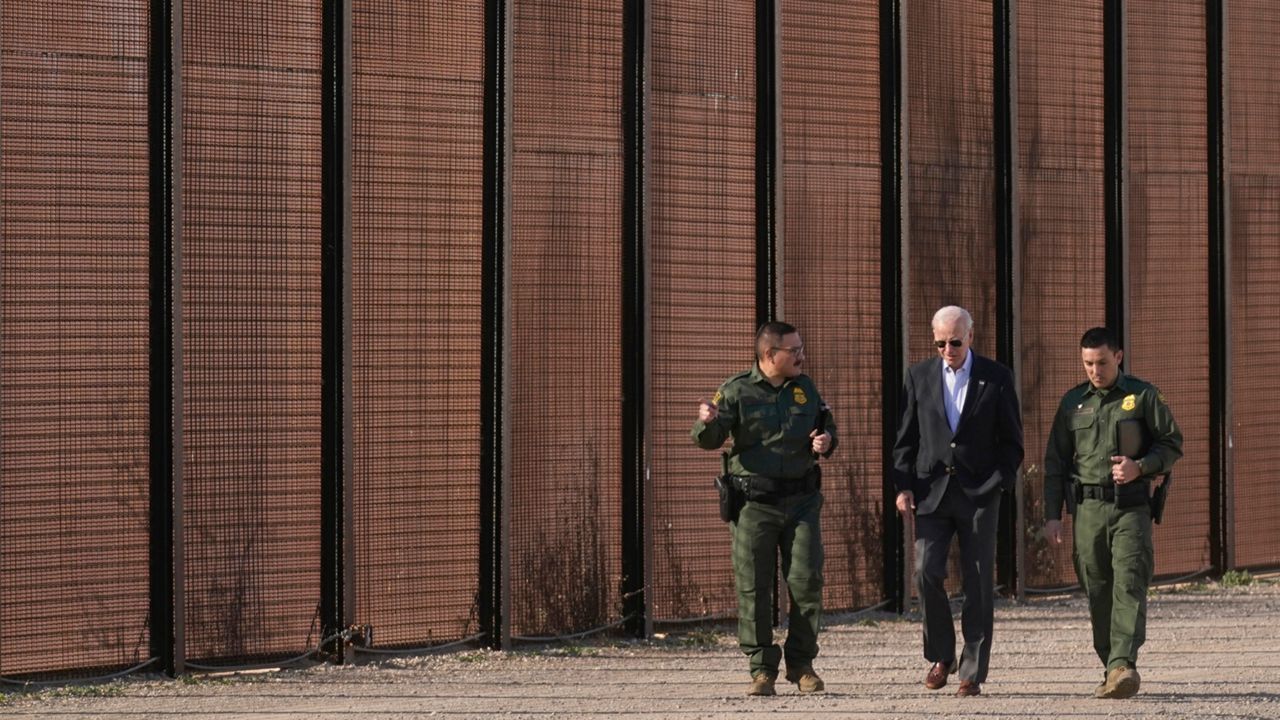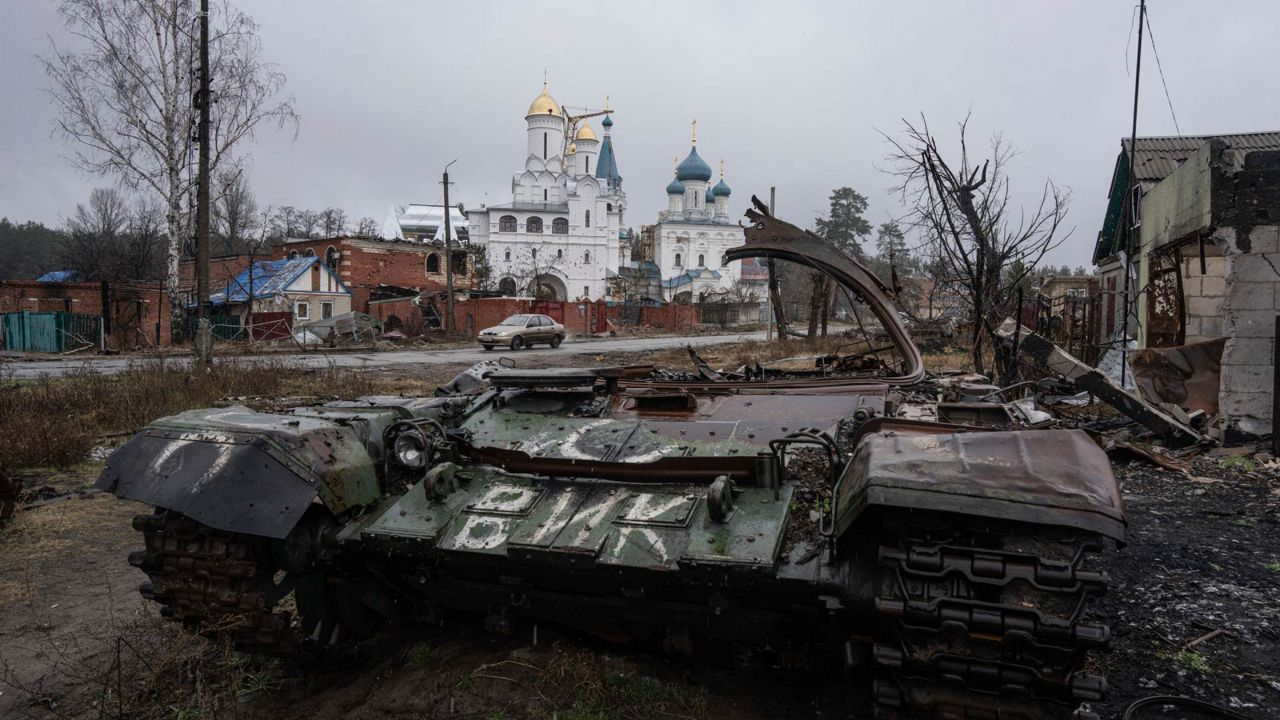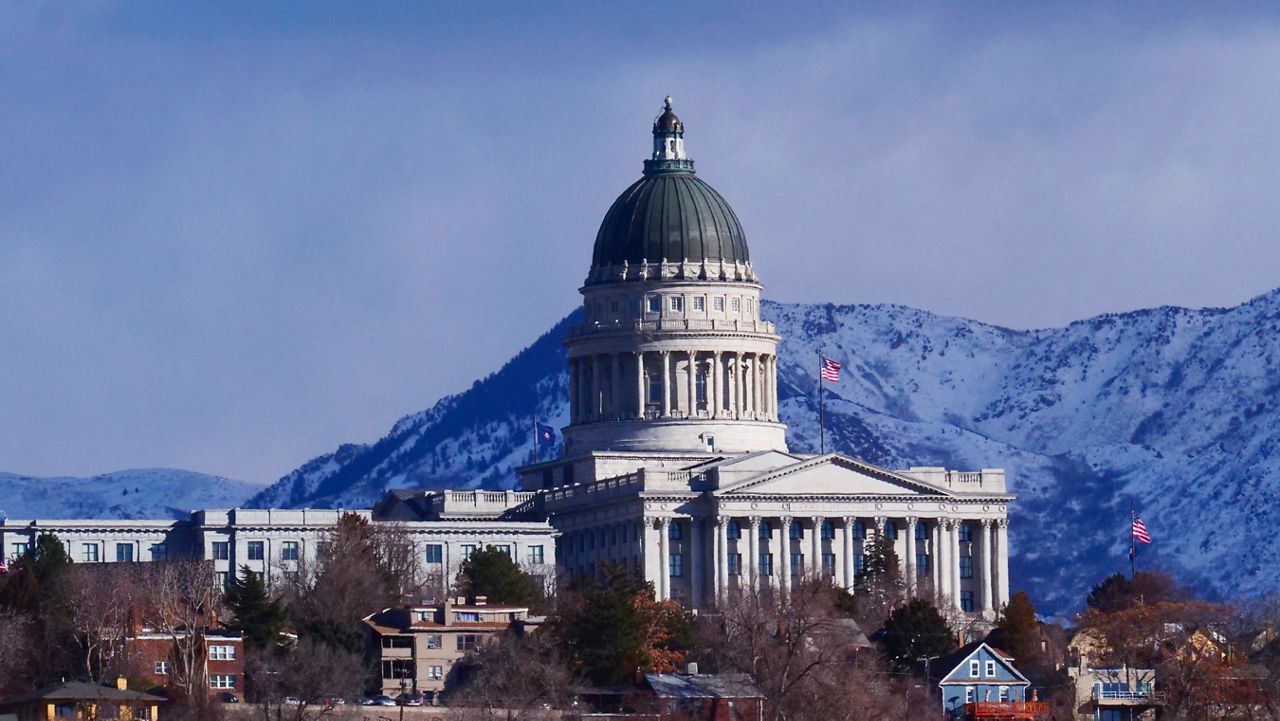MADISON, Wis. — The United Nations Climate Change Conference began Sunday in Glasgow, Scotland to lay out some pretty ambitious goals. However, here in Wisconsin, some who are already seeing the effects of a changing environment are taking matters into their own hands.
Picking up and moving to avoid the effects of climate change isn't exactly unusual considering the annual cost of damages has been on the rise for decades.
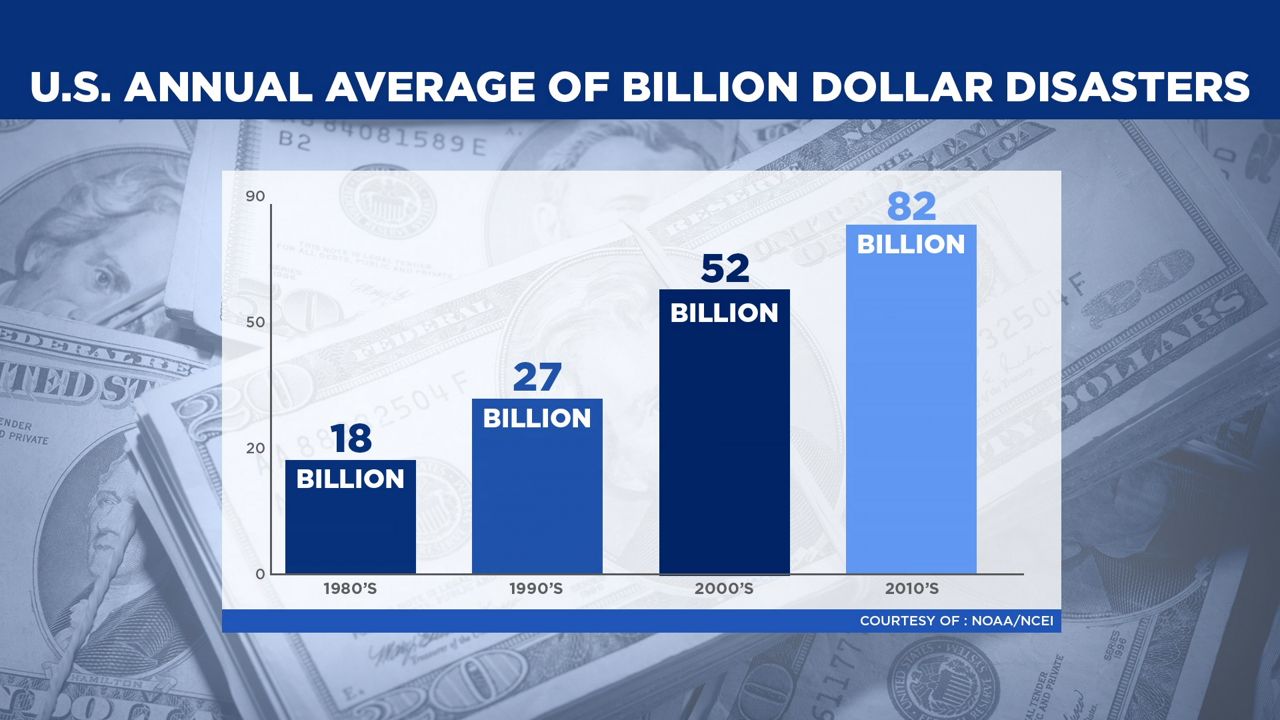
According to data from NOAA, annual damages have more than quadrupled since the 1980s. The cost has grown from about $18 billion per year to about $82 billion a year in the 2010s.
That could be why some people are flocking to the Great Lakes region as a sort of haven from those pricey disasters.
Of course, the area is not free from problems such as higher temps and more precipitation, but freshwater is abundant, and fewer natural disasters happen.
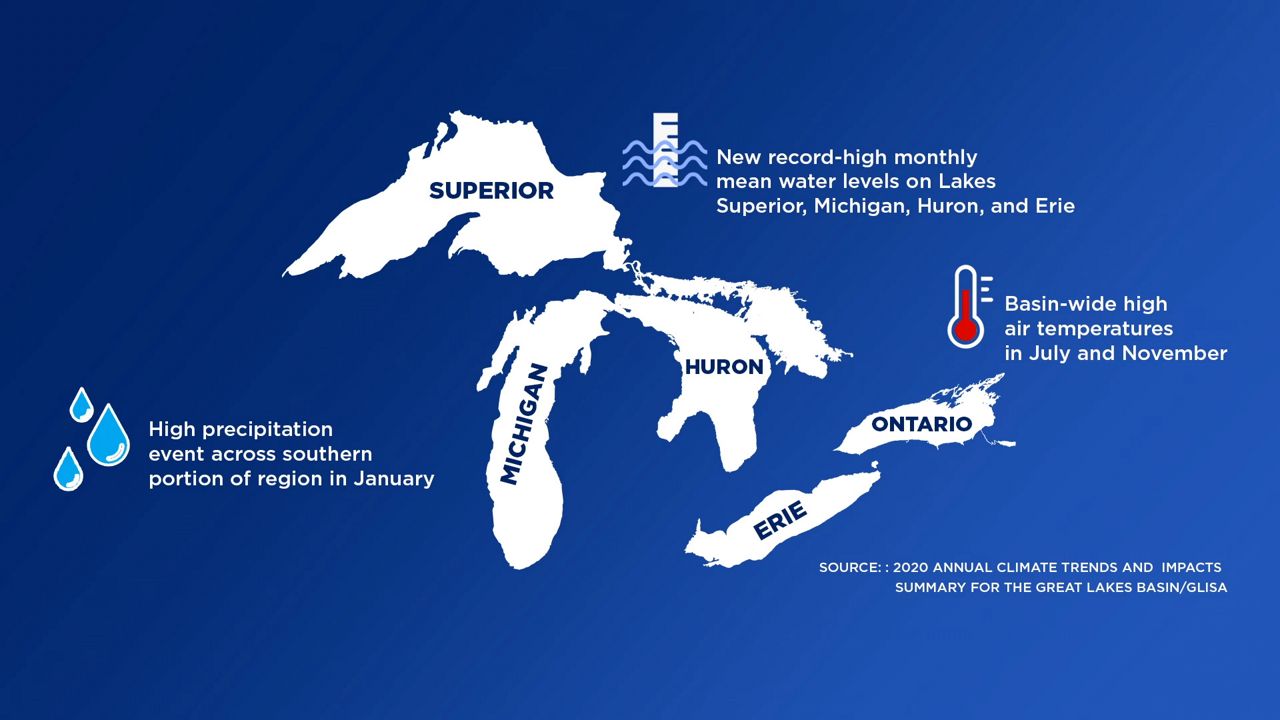
That makes places like Madison appealing, especially for one couple who decided the city was the best fit for them to call their home.
Sarah Neujahr and Josh Anderson were ready for a change from Colorado living.
“As the population was growing and traffic was getting worse, pollution was getting worse, and the fires were getting worse, it began to feel like a pressure cooker,” Anderson said.

The Denver area no longer felt the same for the couple.
“I remember going for a few walks and looking at the sky during the fire and just seeing orange, and waking up in the morning and seeing ashes on our grill from all the fires,” Neujahr said.
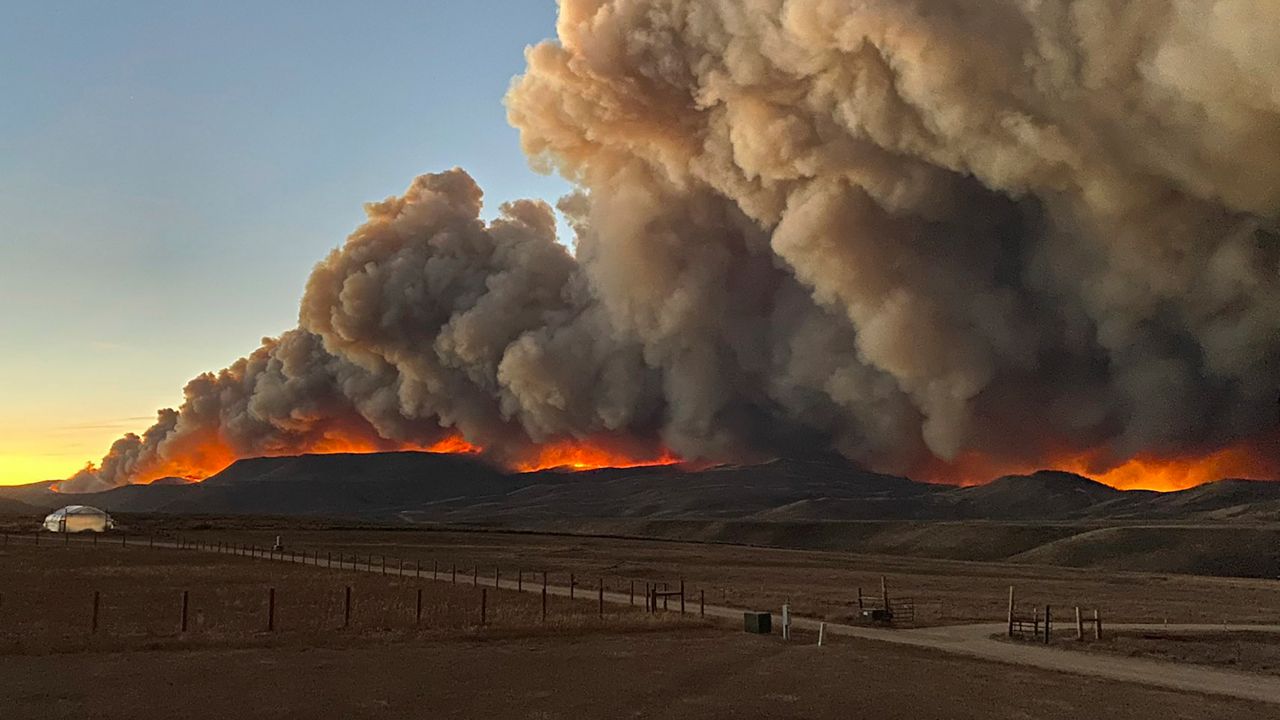
“The air index in Denver was worse than any other metropolitan area on the planet, and we felt that,” Anderson said. “Like I felt it, my lungs reacted to that. I felt ill.”
The couple wanted a change amid the COVID-19 pandemic, and a better fit for their family, so they reached a tipping point and started to think.
“Where could we find the quality of life and all of the things we love to do,” Anderson thought. “Madison just made the most sense.”
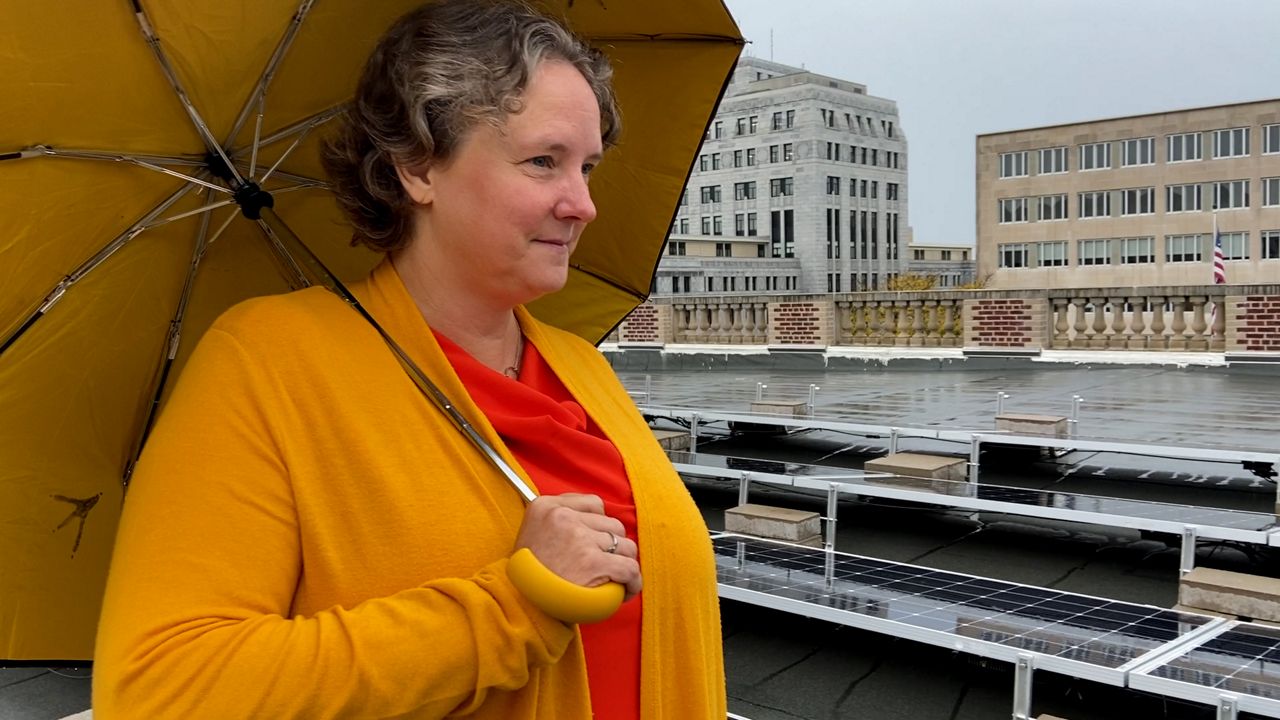
The choice doesn't come as a surprise for Mayor Satya Rhodes-Conway.
“We don't have hurricanes, you know we don't have forest fires,” Rhodes-Conway said.
Madison has its sights set on reaching 100% renewable energy for city functions by the year 2030 to make not just a sustainable future, but one that is equitable for all.
“We really do have less than a decade to make a difference in climate change, and so everybody has got to take action,” Rhodes-Conway said. “Our role at the city is to reduce our own emissions, but also to create the framework so that our community can reduce its emissions as well.”
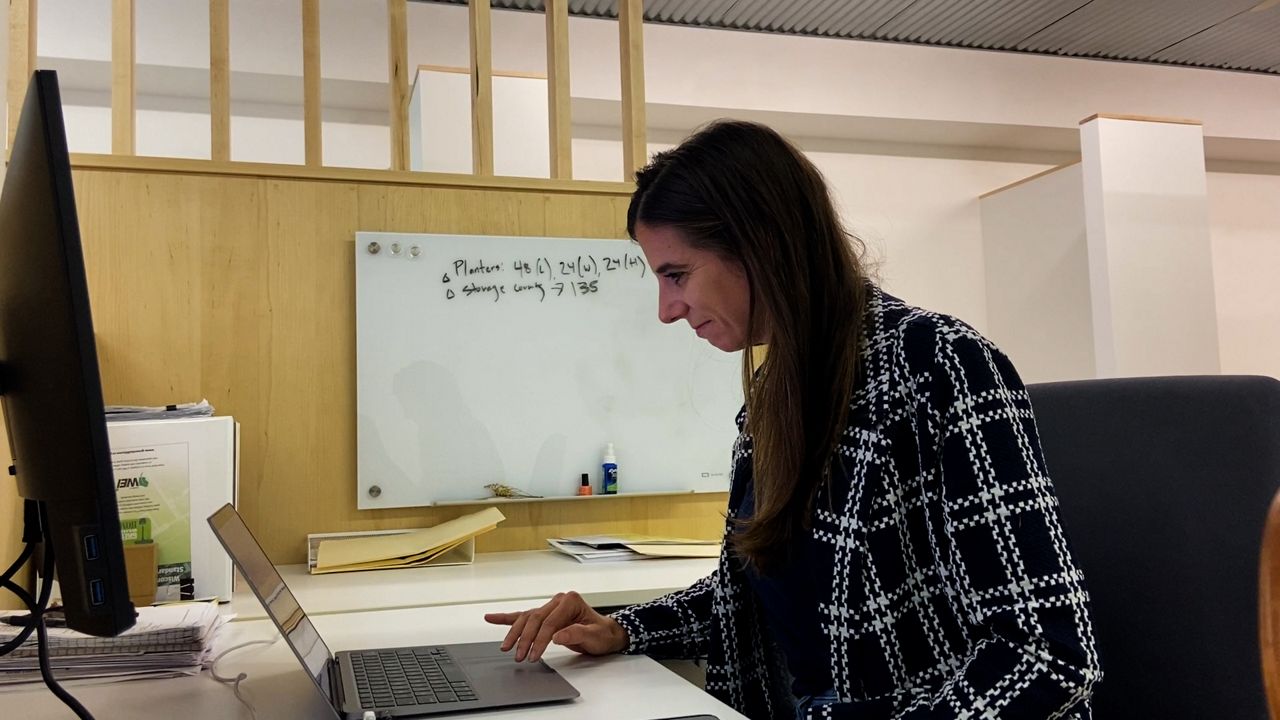
Those sustainable steps weren't the only appeal. Neujahr, who works in real estate development, grew up in Madison, and Anderson's job in the tech industry can be done remotely, so the decision to make the capital city home was pretty feasible.
“I think there's just much more of a community effort in creating a healthy environment,” Neujahr said.
Though their June move wasn't exactly about finding that healthy environment to live in, it turned out to be.
“I think now as we kind of play it back and reflect back, there were a lot of things that made it feel untenable to live there that made us ready for a change,” Anderson said.
A change the couple hopes they won't have to make again any time soon.







